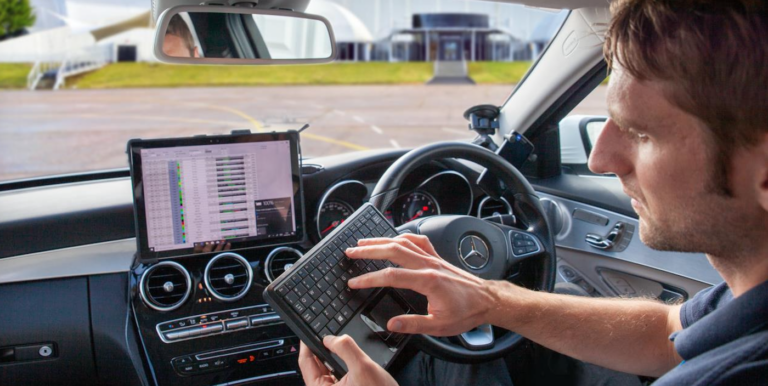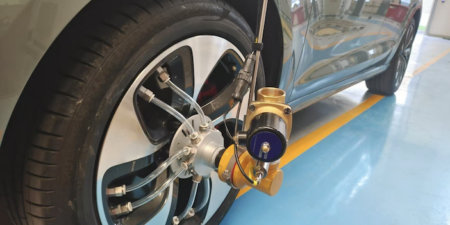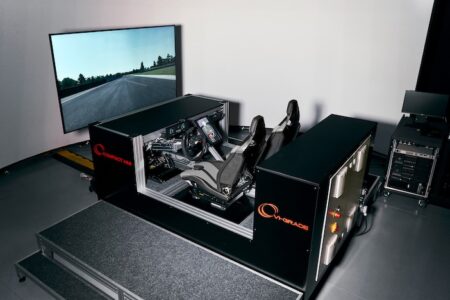Millbrook is using real-time remote technology to allow type approval witnessing so that engineers and customers can observe tests and perform their duties without physically attending its sites. According to the UK test facility, this capability has enabled development and certification timelines to be adhered to despite travel restrictions, and practically demonstrates the viability of these technologies for making more efficient use of time and resources in the future.
Type approval test programmes can last anything from half a day to several months; some of the shorter programmes at Millbrook in recent weeks have included tyre, noise and crash type approvals, while the more complex programmes have included emissions certifications for hybrid vehicle technology. Delivering these results through the current pandemic while maintaining safety and security has required flexibility, and has demonstrated that customers do not necessarily have to dedicate a lot of their own internal resources to deliver complex certification programmes.
Alex Burns, President of Millbrook said, “We have the technology to progress concepts virtually, to make communications seamless, and to streamline development programmes. We are learning from this crisis and improving how we operate so that we are better able to support our customers and the industries that we serve in the long-term.”
Adapting quickly, in many cases within days of lock-down announcements, in order to keep programmes on-track has presented many challenges. Millbrook’s test teams have worked to ensure that customers and approval authorities can see exactly what they need to see during a test, by switching between live feeds from multiple static and mobile cameras and screens. They have also developed new operating protocols to maintain confidentiality at all times. The remote meetings are scheduled in advance, without relying on customer and certification agency engineers to be on-site, so teams have to manage additional micro-deadlines throughout a test programme.
Millbrook’s team expects that the new ways of working will continue in the future, bringing benefits to everyone involved in terms of improved efficiency, reduced travel costs and reduced environmental impact. Customers can be involved in certification and development test programmes, interact with test engineers and get data in real-time on a daily basis without physically being present on-site.
Chris Polmear, principal engineer at Millbrook explained, “This is now a standard and regular mode of operating across many areas within Millbrook. It has become predominant because of Covid-19, but there is no reason why it can’t continue going forward. The ability to view tests remotely gives customers so many more options. We can even stream vehicle data, GPS and video in real time, while driving around the test tracks.”
Kieran Forinton, Millbrook’s chief safety engineer added, “We have completed over 20 type-approval authority witnessed full-scale crash tests in the last month. We work with customers from many countries, so this way of working makes certification programmes much easier and cost-effective for everyone involved – there is no need to arrange travel and flights. A customer or authority engineer can view the test remotely and get on with the rest of their day.”





